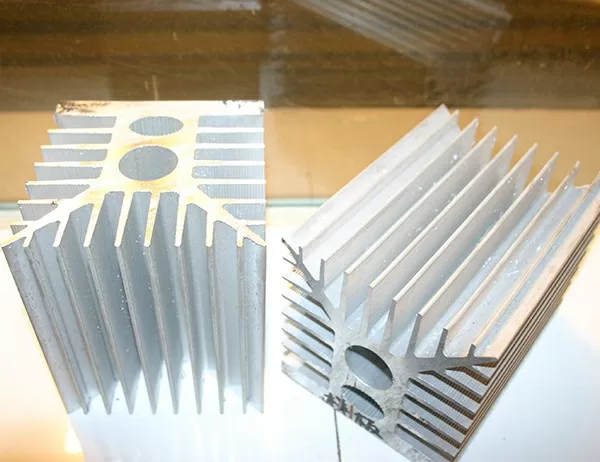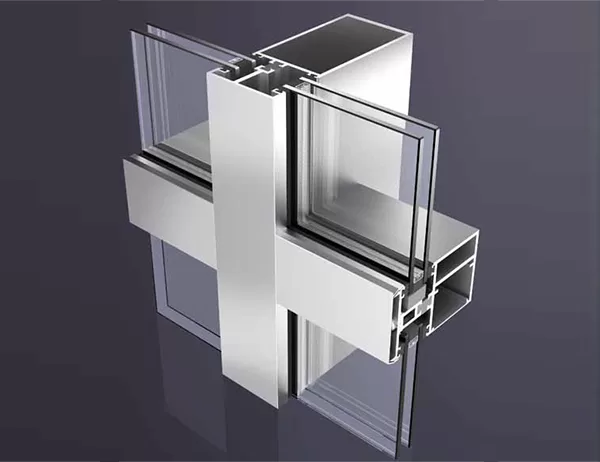Aluminium profiles play a crucial role in enhancing the efficiency and performance of solar panels. Their unique properties, such as durability, thermal conductivity, and versatility, make them an ideal material for solar panel framing and support structures. This article delves into the multifaceted ways in which aluminium profiles contribute to the overall efficiency of solar panels.
Aluminium profiles provide the structural backbone for solar panels, ensuring their stability and ability to withstand harsh weather conditions. Their high strength-to-weight ratio allows for the creation of lightweight yet robust frames that can handle wind loads, temperature fluctuations, and potential impact forces. This structural integrity ensures that solar panels remain securely mounted and protected, maximizing their efficiency and longevity.
Aluminium’s excellent thermal conductivity is crucial for maintaining optimal operating temperatures for solar cells. The profiles act as heat sinks, efficiently dissipating heat away from the sensitive photovoltaic cells. This prevents thermal degradation and premature aging, extending the lifespan of the panels and ensuring consistent performance over extended periods.
Aluminium’s inherent corrosion resistance is essential for solar panels deployed in outdoor environments. Exposure to moisture, salt, and other corrosive elements can deteriorate conventional materials, leading to panel failure. Aluminium profiles provide a protective layer that shields against corrosion, ensuring the structural integrity and performance of solar panels in challenging conditions.
Aluminium’s low density makes it an ideal material for solar panel frames. Lightweight frames minimize the overall weight of solar panels, reducing transportation and installation costs. Additionally, aluminium’s high strength-to-weight ratio ensures that these lightweight frames maintain their robustness, handling the mechanical stresses encountered during installation and operation without compromising panel integrity.
Aluminium profiles offer exceptional versatility in terms of shape, size, and customization. They can be extruded into various cross-sections, allowing for customized frames that perfectly fit the specific dimensions and load requirements of different solar panel designs. This versatility enables manufacturers to optimize frame design for maximum efficiency and aesthetic appeal.
Aluminium profiles play a vital role in the efficiency and performance of solar panels. Their structural integrity, thermal management capabilities, corrosion resistance, lightweight nature, and versatility make them an indispensable material for solar panel framing and support structures. By understanding the multifaceted contributions of aluminium profiles, we can appreciate the importance of material selection in maximizing the efficiency and longevity of solar energy systems.




